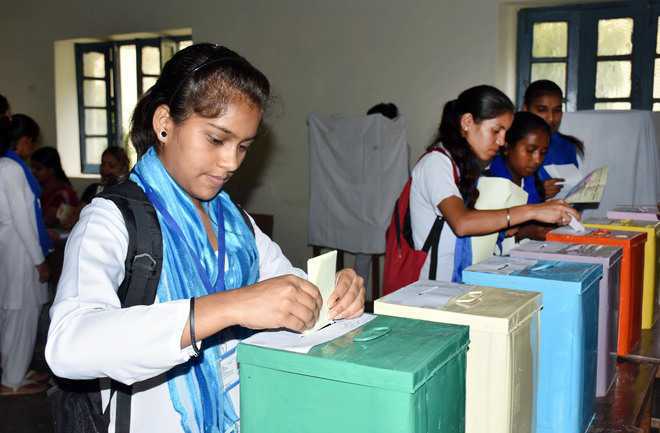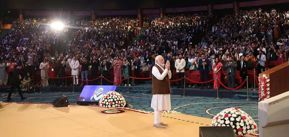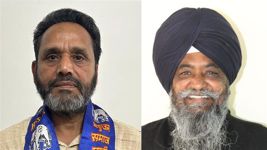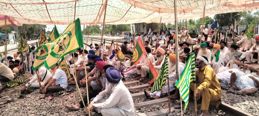
There can be valid arguments to introduce students in colleges and universities to political and democratic processes, and thence the concept of student elections, which Haryana now proposes to restart in the state. Besides striving to improve campus life and education, student elections would presumably encourage debate and discussion. But there is a fundamental challenge here, which is the vote itself. It is something that compels everyone to conclude a debate with a black and white decision, for or against, if not friend and foe. Essentially, that precipitates difference of thought to the level of tribal divisions. And, that is antithetical to any academic process, which is more about exploring and experiencing, rather than concluding.
That is in theory. In practice, the worldly experience of how elections are conducted is far from elevating. Take the Panjab University student elections, in one of the most sophisticated cities in the region. Ever since elections in the university restarted in the nineties, there has been rarely a poll without ugly violence. Barring a couple of student leaders, none has gone on to make any contribution of note to society; some have turned out to be criminals. Campus welfare bodies of students can be created even without elections. The only other matter student unions contribute towards is not allowing increase in fees, which is approaching a policy matter from the wrong end. A number of public institutions face destruction because of that, as education funding is a matter that has to be addressed at the legislative end. As for political debate, what Delhi saw over the past couple of years would be remembered for years to come.
But what makes student elections the most redundant is the fact that young adults can now vote at the age of 18, and therefore participate in the national political process directly, influencing everything from policy to execution. Educational institutions may, thus, best be preserved as spaces for letting young minds grow without debilitating acrimony, and the real world outside may be the ground for real and purposeful democratic action.



























